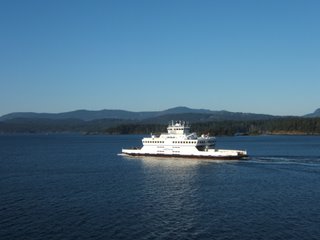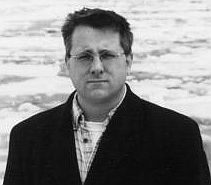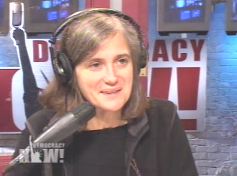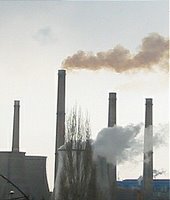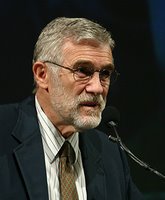 It's interesting when politicians start blaming the media. Harper accuses the media of "being the opposition of the government". Are things that ugly already?
It's interesting when politicians start blaming the media. Harper accuses the media of "being the opposition of the government". Are things that ugly already?
The media is upset with the latest controversial policy regarding questions to the prime minister. And they should be. Geoff Norquay explains:
The reality is that every new government wants to keep a tight lid on its messages and this one in particular.
I'm puzzled with such announcements. What does this have to do with the way the press functions? Are you telling me Harper is not able to keep his mouth shut when necessary? Is Harper not up to the job of prime minister?
It really isn't about the press; it's about the Conservatives, and their need to control how to "get the message out". Questions are not needed. It's simply a lot easier to answer questions from conservative-friendly journalists than from unrespectful others; you might not have the right answers up front (like
Rumsfeld in this video - Realplayer).
"Real politicians" make the news themselves. Stephen Harper is one of them, using a
false story by the National Post to make up his own story about a new Iranian law forcing Jews and minorities to wear badges. When the truth of the actual story was questionable, he continued with the following:
"Unfortunately, we've seen enough already from the Iranian regime to suggest that it is very capable of this kind of action," Harper said.
"We've seen a number of things from the Iranian regime that are along these lines . . .
"It boggles the mind that any regime on the face of the Earth would want to do anything that could remind people of Nazi Germany."
An
apology has been given by the National Post, but no comments yet from Stephen Harper; prime ministers obviously don't apologize to the public. I guess we won't be able to ask him about it either.
What is it what we, voters (and non-voters), want from a govenment? I believe that transparency is essential to a well functioning democracy, where a government is responsive and responsable to it's voters. We need to be able to ask questions, all questions, and let it be up to the prime minister (in this case Stephen Harper) in what way she/he likes to answer.
I always enjoy looking at some of the
blogging tories blogs to see what kind of reasoning they can come up with. William Deemers
argues that "the media lacks the ethical will to stick to reporting the news, but instead takes it upon themselves to create news ".
When it comes to news you have to take the good with the bad. Yes, free speech has limits which are outlined in our laws. I would be surprised if the majority of Canadians want any change. I also hear often from Conservative circles (and from William Deemers) that
Harper is [...] caught up with his work as PM and does not have time [to] waste every other minute talking to journalists.
Bush supporters claim the same thing too and I can only point to
this story by the Washington Post. And mister Harper, it's simply part of your job to take questions from the press; get used to it or step down. Compared to European politics (which I continue to follow) we already see very little of what's going on in Ottawa; deny voters essential insight and we'll see what will happens with the next elections.
Footnote:
I'm wondering if Harper is considering other US tactics too: How about
paying reporters to skew the news?. Maybe he'll be in for the same approval ratings of Bush too.

